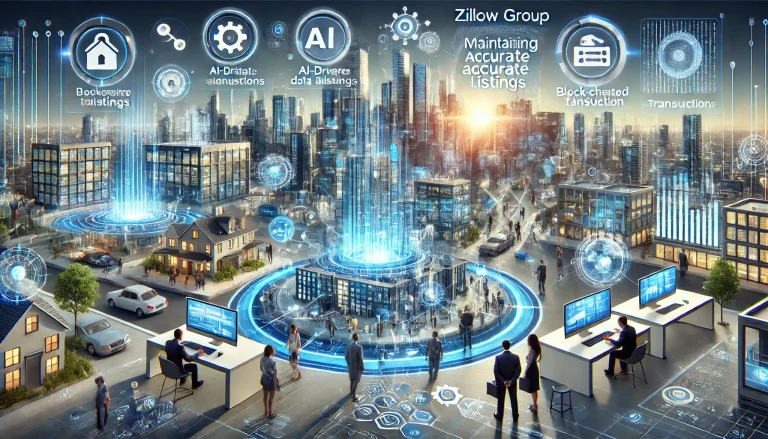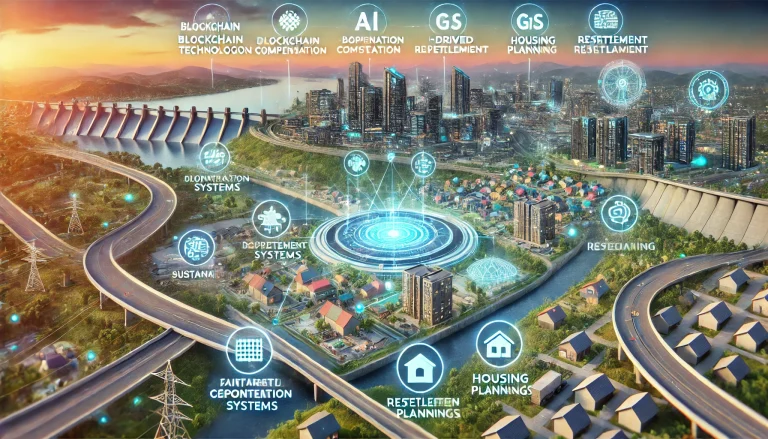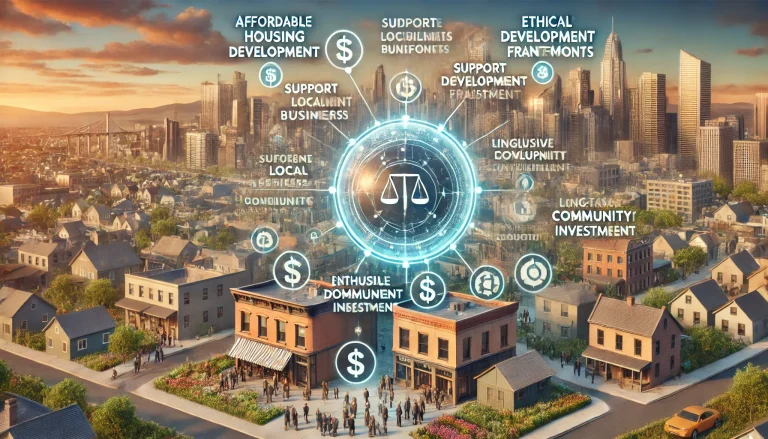Problem Statement
The construction industry significantly contributes to environmental degradation through the consumption of natural resources, energy use, and pollution. Traditional construction methods often lead to deforestation, water contamination, and large carbon footprints. Sustainable construction practices are essential to minimize environmental impact, including the use of eco-friendly materials, energy-efficient designs, and waste reduction strategies. There is a pressing need for a comprehensive platform to promote and facilitate sustainable construction practices, ensuring a greener and more sustainable future for the industry.
Pain Points
- Natural Resource Consumption: High demand for raw materials leads to resource depletion.
- Energy Use: Traditional construction methods are energy-intensive, contributing to high carbon emissions.
- Pollution: Construction activities generate significant air, water, and soil pollution.
- Deforestation: Clearing land for construction results in loss of forests and biodiversity.
- Waste Generation: Large amounts of construction waste end up in landfills.
- Water Contamination: Runoff from construction sites pollutes water bodies.
- Carbon Footprint: Construction projects have high carbon footprints due to material production and transportation.
- Inefficient Designs: Lack of energy-efficient designs increases long-term environmental impact.
- Regulatory Compliance: Navigating complex environmental regulations can be challenging.
- Economic Costs: Sustainable practices can have higher upfront costs, deterring adoption.

Future Vision
Our vision is to develop a comprehensive digital platform that promotes and facilitates sustainable construction practices. Leveraging advanced technologies such as AI, blockchain, and IoT, the platform will provide tools and resources for eco-friendly materials selection, energy-efficient design optimization, and waste reduction strategies. This platform will support construction companies, architects, and developers in adopting sustainable practices, ensuring compliance with environmental regulations, and reducing the industry’s overall environmental footprint. By fostering collaboration among stakeholders and promoting innovative solutions, we aim to transform the construction industry into a leader in sustainability.
Use Cases
- Eco-Friendly Material Selection: AI-driven tools to identify and source sustainable materials.
- Energy-Efficient Design: Optimization tools for creating energy-efficient building designs.
- Waste Reduction Strategies: Platforms for implementing and managing waste reduction initiatives.
- Real-Time Environmental Monitoring: IoT sensors to monitor environmental impact during construction.
- Sustainable Supply Chain Management: Blockchain for transparent and sustainable supply chain practices.
- Compliance Tracking: Tools to ensure adherence to environmental regulations and standards.
- Green Building Certifications: Assistance in obtaining certifications such as LEED and BREEAM.
- Lifecycle Analysis: Assessing the environmental impact of buildings over their entire lifecycle.
- Community Engagement: Platforms for engaging communities in sustainable construction projects.
- Innovation and Research: Supporting research and development of new sustainable construction technologies.
Target Users and Stakeholders
Target Users:
- Construction companies
- Architects
- Real estate developers
- Urban planners
- Government agencies
Stakeholders:
- Environmental NGOs
- Regulatory bodies
- Material suppliers
- Technology providers
- Local communities
Key Competition
- Procore: Construction management software with tools for sustainability tracking.
- PlanGrid: Construction productivity software focusing on efficient project management.
- Buildxact: Construction management platform emphasizing sustainable practices.
- EcoDomus: Software for managing green building information.
- Green Building Studio: Cloud-based energy analysis software for sustainable building design.
Products/Services
- Sustainable Material Databases: Databases for sourcing eco-friendly construction materials.
- Energy Optimization Tools: Software for designing and analyzing energy-efficient buildings.
- Waste Management Systems: Platforms for tracking and reducing construction waste.
- Environmental Monitoring: IoT-based solutions for real-time monitoring of construction sites.
- Compliance and Certification Tools: Systems to ensure regulatory compliance and obtain green building certifications.
Active Startups
- CarbonCure: Technology for reducing carbon footprint in concrete production.
- Plant Prefab: Prefabricated homes using sustainable building practices.
- CementLock: Process for converting cement waste into reusable materials.
- SmartLam: Manufacturer of sustainable cross-laminated timber (CLT).
- Blokable: Modular building systems focusing on sustainability.
- Katerra: Technology-driven construction company with a focus on sustainable practices.
- BamCore: Sustainable bamboo-based building materials.
- Urban Rigger: Sustainable housing solutions using repurposed shipping containers.
- NetZero Buildings: Developer of energy-efficient modular buildings.
- Zepth: Construction management software with sustainability features.
Ongoing Work in Related Areas
- AI for Sustainable Design: Implementing AI to optimize sustainable building designs.
- Blockchain for Supply Chain Transparency: Using blockchain to ensure sustainable supply chain practices.
- IoT for Environmental Monitoring: Deploying IoT sensors to monitor environmental impacts.
- Green Building Certifications: Supporting efforts to obtain certifications like LEED and BREEAM.
- Lifecycle Environmental Impact Analysis: Assessing and mitigating the environmental impact of buildings.
- Waste Reduction Initiatives: Developing strategies and technologies for reducing construction waste.
- Energy Efficiency Programs: Promoting and implementing energy-efficient construction practices.
- Community Engagement in Sustainability: Engaging communities in sustainable construction projects.
- Sustainable Innovation Research: Supporting research in new sustainable construction technologies.
- Regulatory Compliance and Advocacy: Ensuring compliance with environmental regulations and advocating for stronger policies.
Recent Investment
- CarbonCure: $80 million in Series C funding (2023) led by Breakthrough Energy Ventures.
- Plant Prefab: $30 million in Series B funding (2023) from Amazon’s Alexa Fund.
- CementLock: $15 million in Series A funding (2023) from Greentech Capital.
- SmartLam: $25 million in Series B funding (2023) from Arborview Capital.
- Blokable: $23 million in Series A funding (2023) from Vulcan Capital.
Market Maturity
The market for sustainable construction solutions is growing, with increasing awareness and demand for eco-friendly building practices. Advances in technology and strong support from governments and environmental organizations are driving the development and adoption of sustainable solutions. Continued investment and collaboration among stakeholders are crucial for achieving market maturity and widespread implementation of sustainable construction practices.
Summary
The construction industry significantly contributes to environmental degradation through the consumption of natural resources, energy use, and pollution. Traditional construction methods lead to deforestation, water contamination, and large carbon footprints. A comprehensive digital platform leveraging technologies such as AI, blockchain, and IoT can address these challenges by promoting sustainable construction practices. This platform will provide tools for sourcing eco-friendly materials, optimizing energy-efficient designs, and implementing waste reduction strategies. Supporting construction companies, architects, and developers in adopting sustainable practices will reduce the industry’s overall environmental footprint. Active startups and ongoing innovations are driving the development of these solutions, supported by recent investments and a growing market awareness. The vision for the future is a greener and more sustainable construction industry that minimizes environmental impact and promotes sustainable development.



